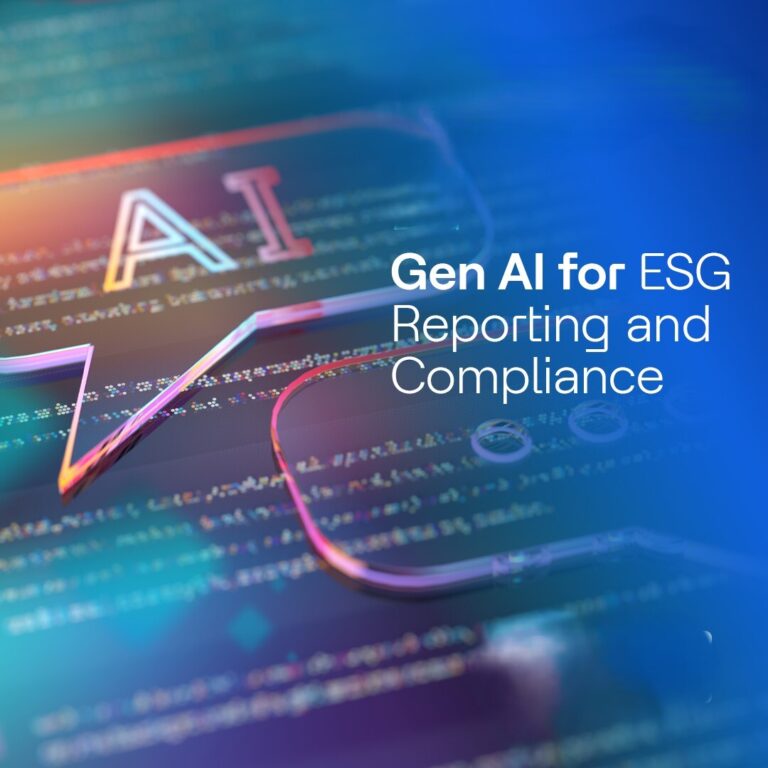Sustainable investment, also known as socially responsible investing (SRI), is an investment approach that considers environmental, social, and governance (ESG) factors in addition to traditional financial considerations. It involves investing in companies that are committed to making a positive social or environmental impact while also delivering financial returns.
Sustainable investment seeks to generate long-term value for investors while also contributing to a more sustainable and equitable society. It includes a range of investment strategies, such as impact investing, community investing, and green investing. These strategies may focus on specific issues such as climate change, human rights, or economic inequality.
Sustainable investment is important for several reasons:
- Contributing to a sustainable future: Sustainable investment can help to address environmental and social issues such as climate change, human rights, and economic inequality. By investing in companies that are committed to sustainable practices, investors can support the transition to a more sustainable and equitable society.
- Long-term value creation: Sustainable investment can help to create long-term value for investors by identifying companies that are well positioned to address environmental and social challenges. Companies that manage ESG risks effectively may be more resilient and better able to adapt to changing market conditions.

- Meeting stakeholder expectations: Investors, customers, and other stakeholders are increasingly interested in companies’ sustainability performance. By incorporating ESG factors into investment decisions, investors can meet these expectations and align their investments with their values.

- Mitigating risk: ESG factors can be used to identify companies that may be exposed to environmental or social risks that could affect their financial performance. By considering these factors in investment decisions, investors can mitigate risk and potentially avoid losses.
Sustainable investors use ESG criteria to evaluate companies’ sustainability performance and identify potential investments that align with their values and investment objectives. They may also engage with companies to encourage them to improve their sustainability performance or advocate for policy changes that support sustainable development.
Sustainable investors use ESG criteria to identify companies that meet their sustainability goals. They evaluate a company’s ESG performance to determine whether it is a good investment based on their values and investment objectives. Companies that perform well on ESG factors are more likely to attract sustainable investment, which can provide them with access to capital and help them achieve their sustainability goals.










